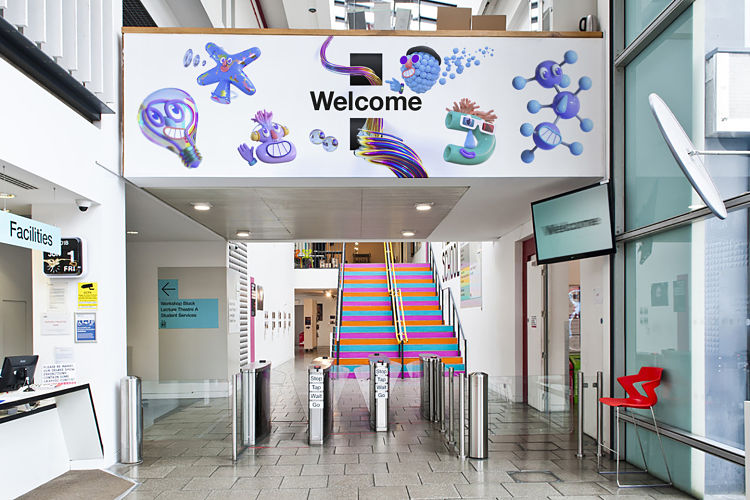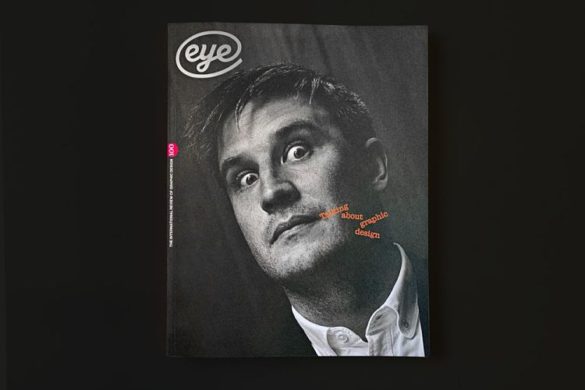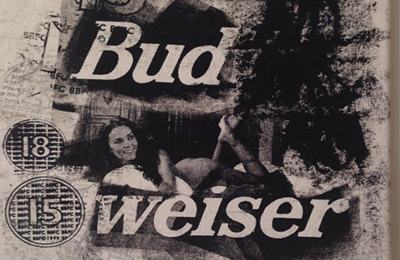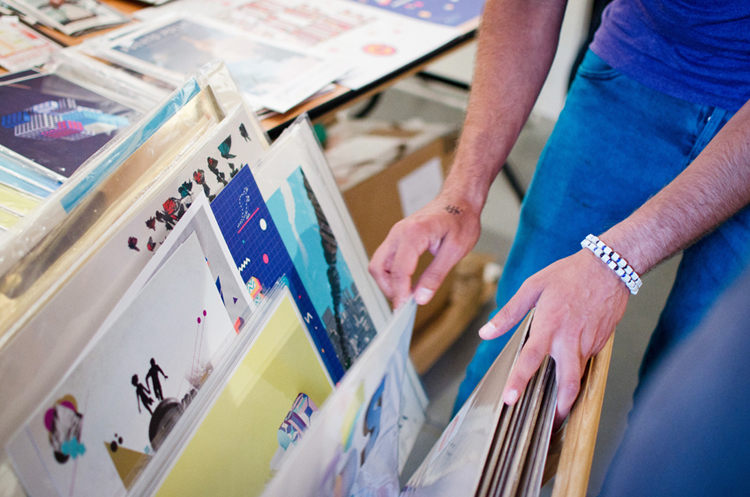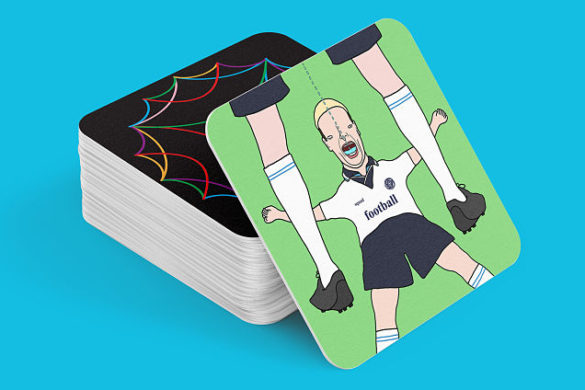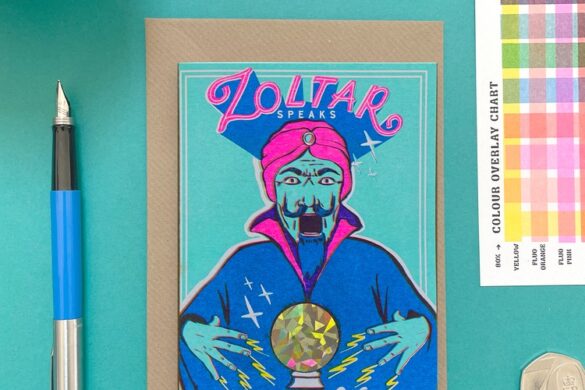Alphabetical was founded around 11 years ago by Bob Young and Tommy Taylor, and has made a name for itself as a studio that can work across multiple disciplines with a huge breadth of different clients. Some excellent recent work includes digital designs for University of the Arts London, which saw it work with the brilliant animator and illustrator Jack Sachs; and its client list ranges from the Barbican to National Autistic Society, BFI; the BBC; British Heart Foundation; The Guardian and many more.
The studio is now at the point where it’s about to leave its east London home and is searching for pastures new. As for many people, the pandemic engendered a shift in how the studio operates and where: remote, and flexible working is clearly not just an option now, but has been a necessity; and it sounds like the events of the last year were the push to leave a studio complex that was once dominated by animators, photographers, architects and so on, and has since been colonised by investment bankers and the like. “I’m actually looking forward to a new beginning,” says Young.
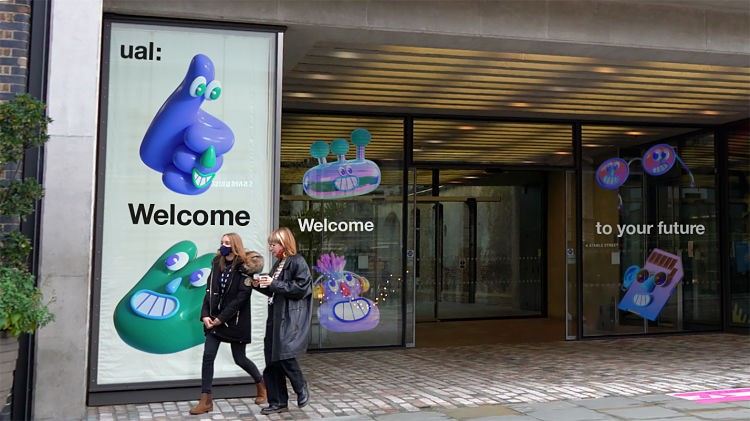 Taylor and Young met when they were both starting out in London through mutual designer friends when Young was at The Partners (now Superunion) and Taylor was at HGV, a London studio that closed in 2009 and which handed over a few clients to the then-nascent Alphabetical as it was forming.
Taylor and Young met when they were both starting out in London through mutual designer friends when Young was at The Partners (now Superunion) and Taylor was at HGV, a London studio that closed in 2009 and which handed over a few clients to the then-nascent Alphabetical as it was forming.
“I always wanted to start my own studio,” says Young. “We’d never worked together but decided to just see how it goes: we’d spent enough time drunk in a pub, and we’re extremely similar – we like and dislike a lot of the same things. We tried it and from day one we worked really well together and hit it off.”
The studio now number four full time staff, with a close network of freelancers brought in for various projects to enable Alphabetical to operate in a “modular” way.
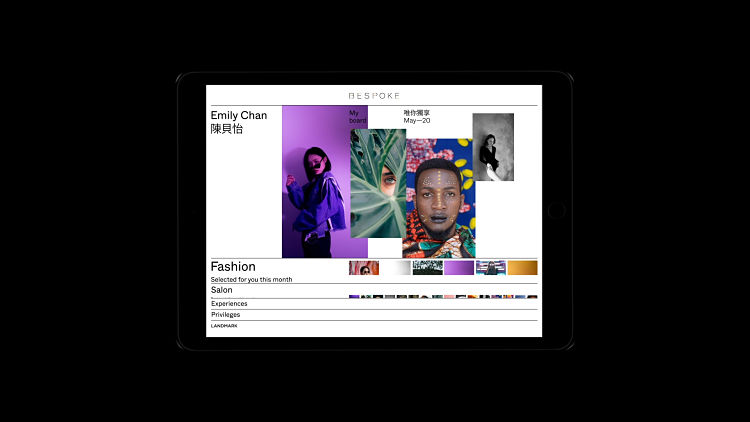
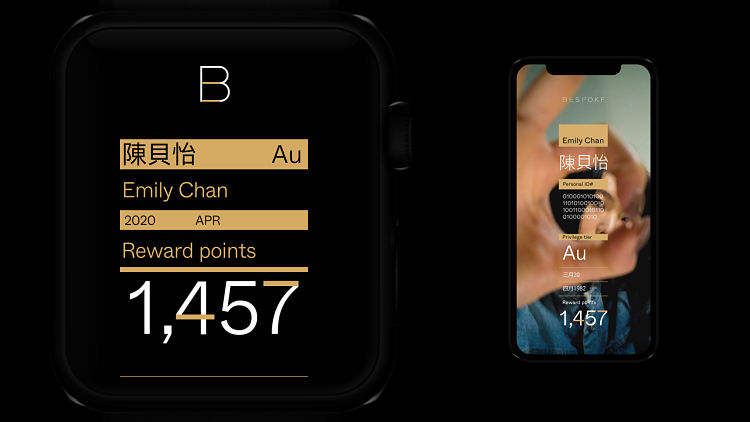 The biggest challenges of running a studio are, as is often the case, the business side of things. “I don’t think that anybody gets into studying design because they understand or have a passion for business. As a graphic designer or creative, you don’t necessarily know how a company functions and works and I think that you have to learn those skills,” says Young.
The biggest challenges of running a studio are, as is often the case, the business side of things. “I don’t think that anybody gets into studying design because they understand or have a passion for business. As a graphic designer or creative, you don’t necessarily know how a company functions and works and I think that you have to learn those skills,” says Young.
“You have to figure out where clients come from or deal with costing mechanics, and it’s hard to focus on what it is you truly love, which is design, as well as dealing with the financial side and being an employer. You have to work very hard on ensuring that you keep yourself in check and make sure that you’re getting the balance right. The business side is always challenging.”
Alphabetical has always been a deliberately small studio – the most people it’s ever had full time is seven – and that’s because it prides itself on a multidisciplinary approach that sees it working across environmental design, exhibitions, publications, digital and interactive design, branding, typography and more.
That’s where the name comes from: both studio founders had felt frustration from previous roles where they felt limited by only working in particular disciplines. The word Alphabetical felt like a good fit since it references the wide range of different areas they wanted to focus on and a way of organising multiple strands of information, reminding them of their aims to work through and achieve a broad spectrum of different things.
Having been a tight-knit creative partnership duo for more than ten years, what’s the secret to maintaining that sort of working relationship? “I think about it like a marriage – I call Tommy my work wife,” says Young. “We continue to have a massive level of respect for each other. As with any relationship, it’s all about communication and understanding; giving each other ownership of projects, recognising each other’s skills and offering support and help, as well as not being too proud to ask for it, but never suffocating one another.”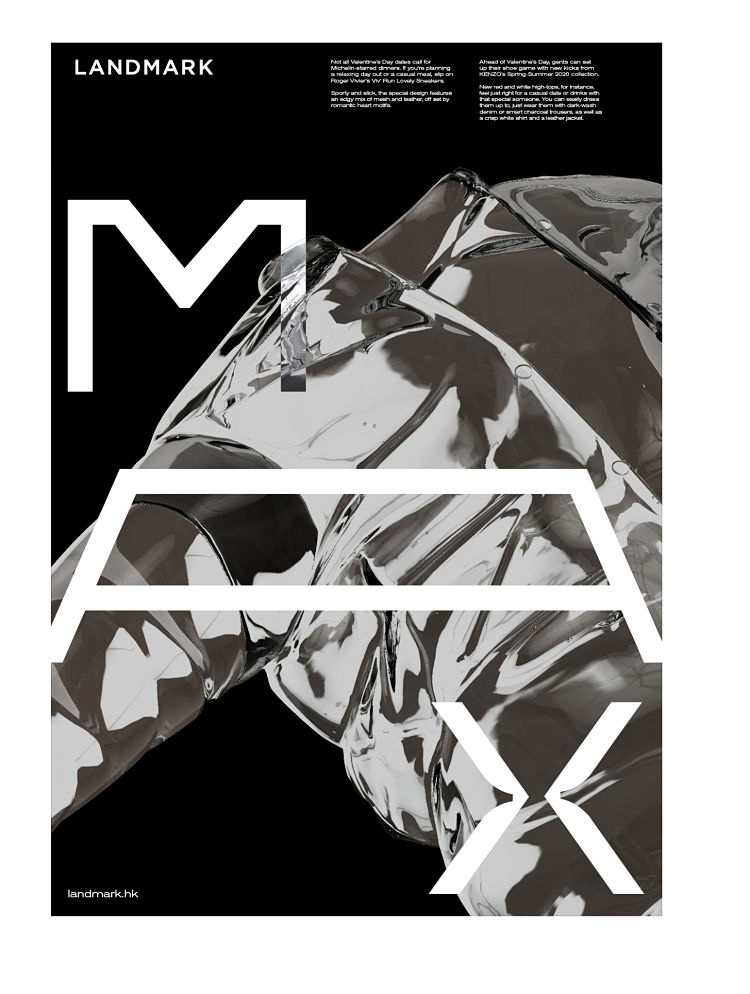 In the years since the studio began life, it goes without saying that the world has changed a lot – and as such, so has the design industry. For Young, one of the main shifts has been the rise in smaller creative studios.”You don’t have to be specialists in one area when you’re small – you can still be multidisciplinary, you can work with some of the biggest clients in the world. It’s all about the work you produce and its quality, not the size of the company.”
In the years since the studio began life, it goes without saying that the world has changed a lot – and as such, so has the design industry. For Young, one of the main shifts has been the rise in smaller creative studios.”You don’t have to be specialists in one area when you’re small – you can still be multidisciplinary, you can work with some of the biggest clients in the world. It’s all about the work you produce and its quality, not the size of the company.”
While the studio itself is small, the way it works is all about bringing in other people – and not just other designers. Alphabetical has long pushed an ethos of co-creation, meaning that the people who will be accessing the designs and using them frequently play a key role in the creation process. The studio has worked with everyone from schools to church groups and more, across all ages and demographics. “It’s a natural process in terms of us wanting to make sure we work socially and that the work has an impact,” says Young. “It’s about taking people through the process of how creativity helps an environment, and how they can input into that.”
The work Alphabetical has done with Peabody in south London’s Thamesmead exemplifies this approach: the studio has worked on a number of projects in the area, including the brand identity and environmental designs for community space The Link that highlight the positive phrases that young people used in co-creation workshops.
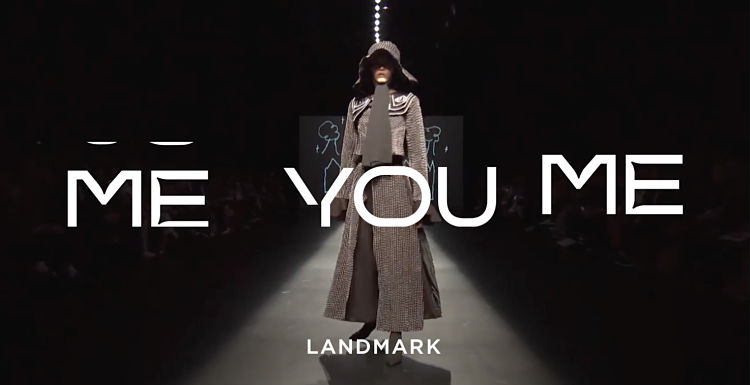 Whatever the project, though, co-creation means giving people an agency over a space in a way they might not have felt before. It also means that the relationship becomes reciprocal: the designers learn as much from the community as vice versa. “Putting your audience at the heart of the creative process helps you create something that will be the most engaging,” says Young. “Working with young people particularly means that when you’re at the early stages of creating specific designs or concepts, you get some amazing feedback – and some that’s quite brutal too.”
Whatever the project, though, co-creation means giving people an agency over a space in a way they might not have felt before. It also means that the relationship becomes reciprocal: the designers learn as much from the community as vice versa. “Putting your audience at the heart of the creative process helps you create something that will be the most engaging,” says Young. “Working with young people particularly means that when you’re at the early stages of creating specific designs or concepts, you get some amazing feedback – and some that’s quite brutal too.”
- Autobahn - November 26, 2021
- Alphabetical - November 12, 2021
- SOFA Universe - November 8, 2021

